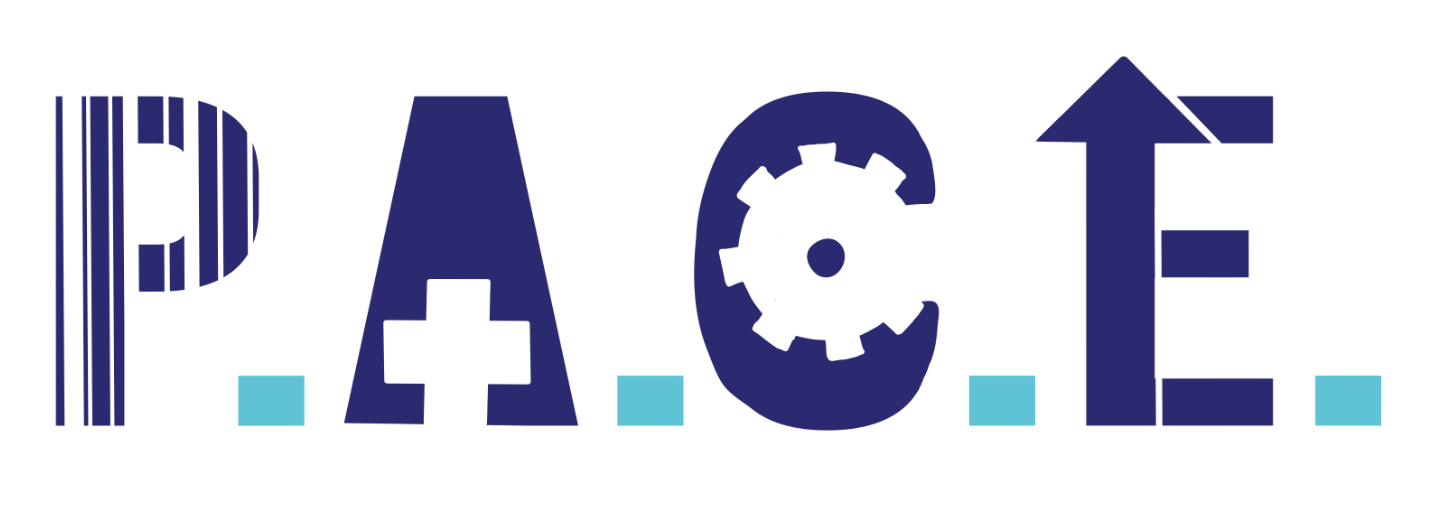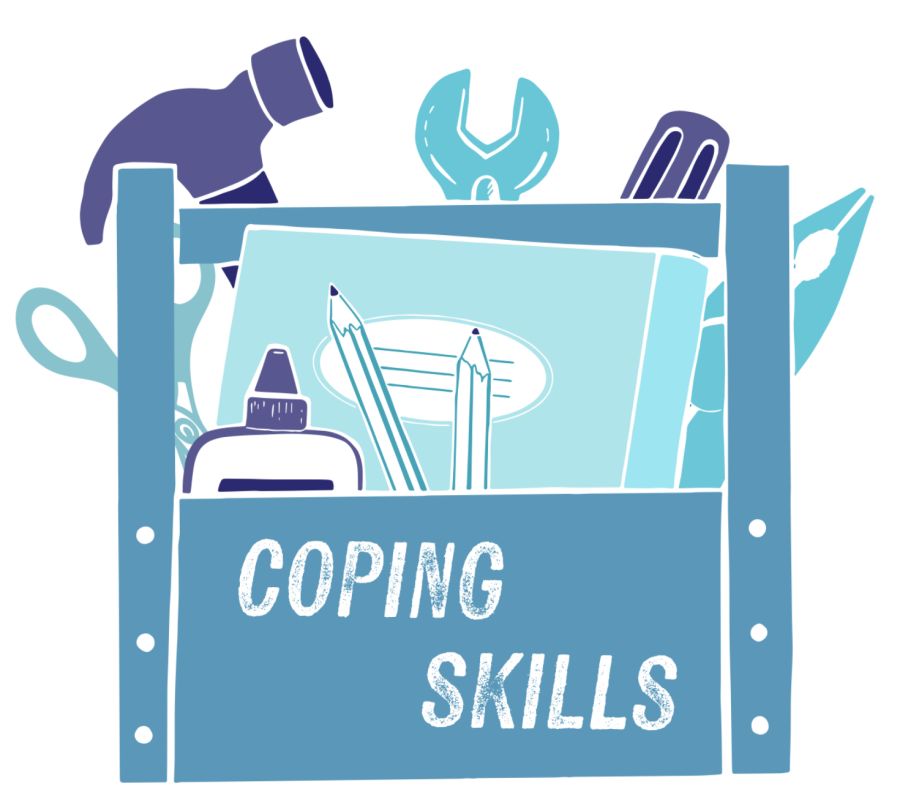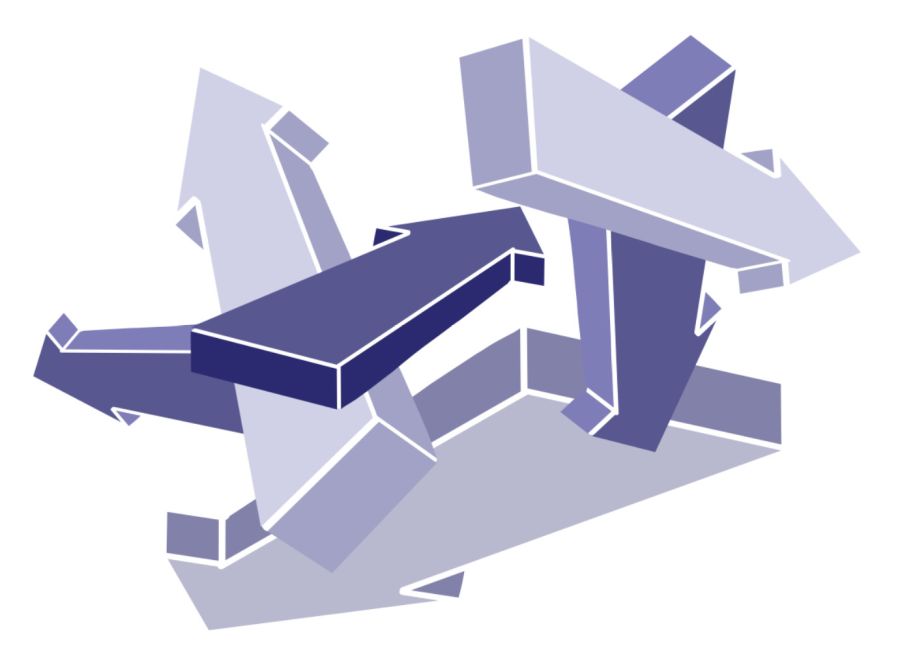Keeping PACE at ALS

What is the Processing and Cognitive Enhancement Program (PACE)?
Austin Learning Solutions offers a program called PACE (Processing and Cognitive Enhancement) that focuses solely on bringing up a student’s processing skills.
PACE is designed to improve cognitive abilities and enhance information processing skills in individuals. These programs typically target areas such as attention, memory, reasoning, problem-solving, and executive functions.
PACE programs often incorporate a combination of cognitive exercises, techniques, and strategies to stimulate and challenge the brain. These can include activities that involve problem-solving tasks, memory exercises, attention-training exercises, visual and auditory processing tasks, and activities that promote critical thinking and decision-making.
At Austin Learning Solutions we have seen PACE improve the lives of children with learning difficulties, such as dyslexia, ADHD, and executive functioning challenges. However, this program is also beneficial to individuals with cognitive impairments or older adults aiming to maintain cognitive function.
The primary goal of a PACE program is to help individuals improve their cognitive skills, enhance their ability to process and interpret information, and ultimately improve their overall cognitive functioning by building new neural pathways in the brain. By targeting and strengthening cognitive abilities, this program aims to enhance learning potential, academic or professional performance, and overall quality of life.
Could my child benefit from the PACE program?
Determining whether your child needs a Processing and Cognitive Enhancement (PACE) program depends on various factors and individual circumstances. Here are some considerations to help you make an informed decision:
- Academic performance: If your child is struggling academically, particularly in areas that require strong cognitive skills such as attention, memory, or problem-solving, a PACE program may be beneficial. Difficulties in processing and cognitive skills can hinder learning and academic progress.
- Learning difficulties or disabilities: Children with specific learning difficulties or disabilities, such as dyslexia, ADHD, or executive functioning challenges, often benefit from targeted interventions to enhance their cognitive abilities. PACE programs can provide specialized strategies and exercises to address their unique needs.
- Attention and focus issues: If your child has trouble sustaining attention, staying focused, or has a short attention span, a PACE program may help improve their attention and concentration abilities, leading to better learning outcomes.
- Weaknesses in memory or information processing: Children who struggle with remembering information, organizing thoughts, or processing and analyzing information may benefit from a PACE program. These programs often incorporate exercises and techniques to strengthen memory and enhance cognitive processing skills.
Annalyse Tanzos
Related Articles That Might
Interest You

Neurodivergent Special Interest

Coping Skill( CBT techniques and DBT techniques)
